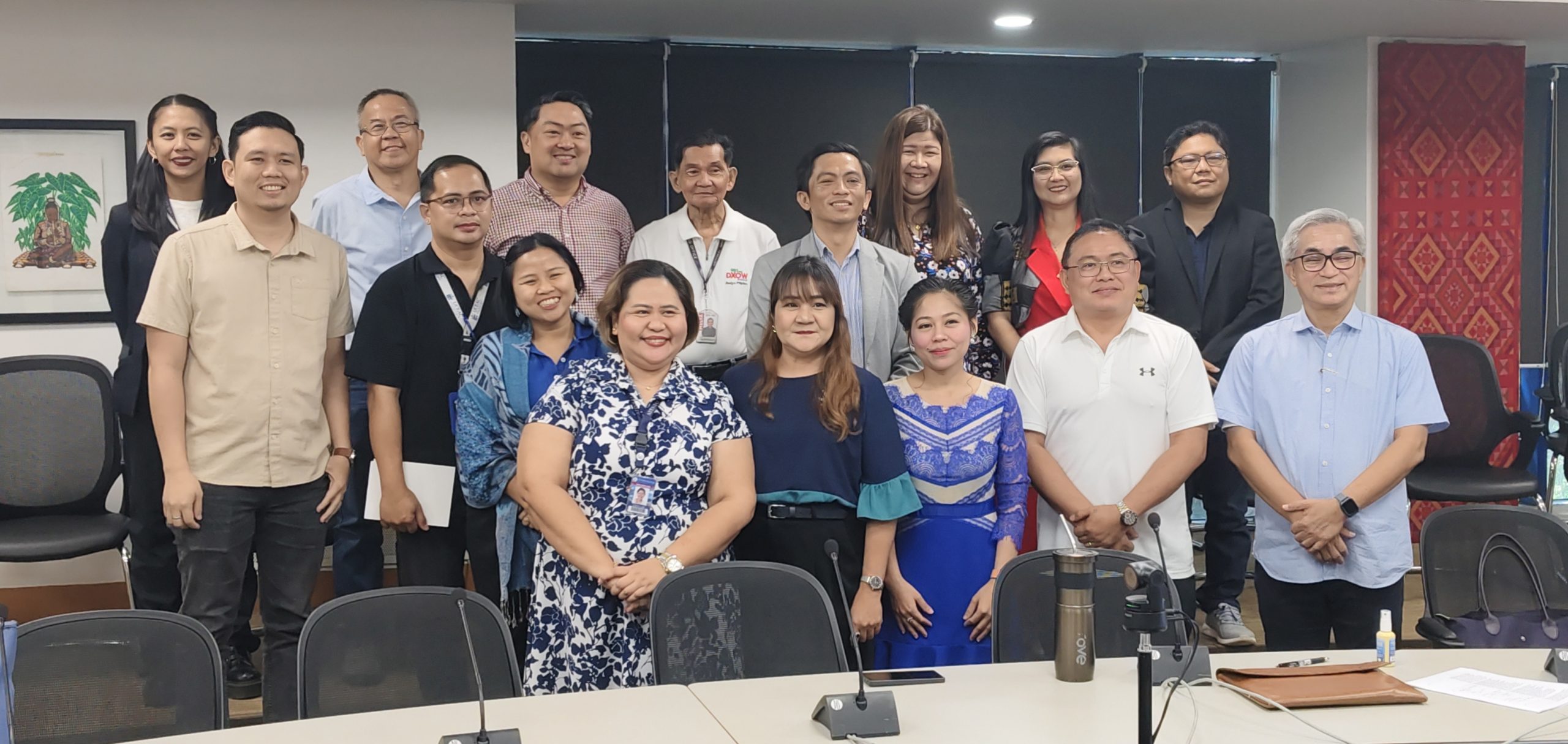DISTRICT 2 residents are pleased with the Davao City Bulk Water Supply Project, according to the Ateneo de Davao University (AdDU) Research Council.
AdDU’s Center Center for Business Research and Extension (CBRE) conducted a study entitled “Lived Experiences of Water Consumers in District 2 of Davao City Before and After the Davao City Bulk Water Supply Project,” a qualitative research and descriptive design that interviewed residents, businesses, and institutions on the project.
The data gathering occurred from July 15 to 30, 2024, by CBRE director Dr. Cleofe Arib along with Leopold Medina and Dr. Lenore Loqueloque.
Researchers found that respondents had several complaints, namely their distrust in the water quality, hygiene and cleaning concerns, operational inefficiencies and increased, and water pressure and availability prior to the project.
Afterward, they reported enjoying cleaner, clearer water following the project implementation. In the same vein, small businesses cited improved operational efficiency and enhanced customer satisfaction.
Additionally, researchers Dr. Christine Diaz, director of the Social Research Training and Development Office (SRTDO), and Mary Donna Grace Cuenca, faculty of the Political Science and History Department Social Science Cluster, also conducted a qualitative study on “Apo Agua’s Corporate Social Responsibility Projects (2024).”
Their research showed the bulk supply allowed about a million people access to potable water.
Councilor Temujin Ocampo hopes to fast-track the ordinance declaring the Panigan-Tamugan zone as a watershed-protected area. The draft of the ordinance has already been submitted to the City Legal Office, which will polish the provisions to avoid any infirmity.
Ocampo said he cannot assure that the ordinance will be finished within this year due to the two remaining sessions. However, he hoped that it would pass early next year.
He shared that illegal settlers have been encroaching into the Panigan-Tamugan watershed despite the area being classified as within the ancestral domain of the IP communities.
“I personally went there and there were thousands of trees that were already cut within the watershed area. That is why we need this law to control the entry of illegal claimants in the area and protect our main source of water,” Ocampo said during a research forum held at AdDU on Dec 6.

